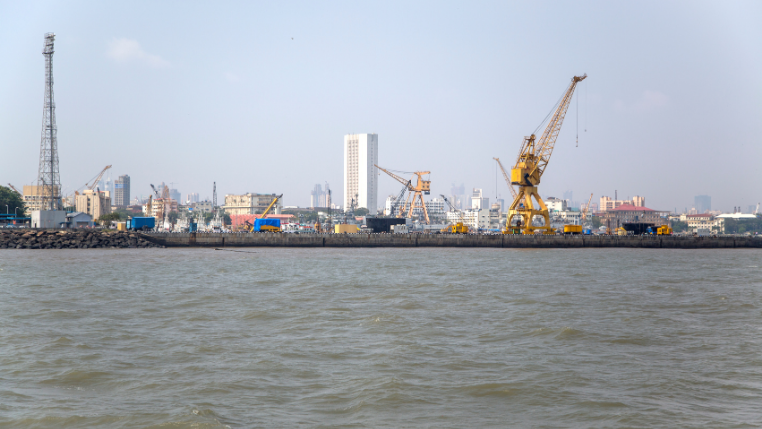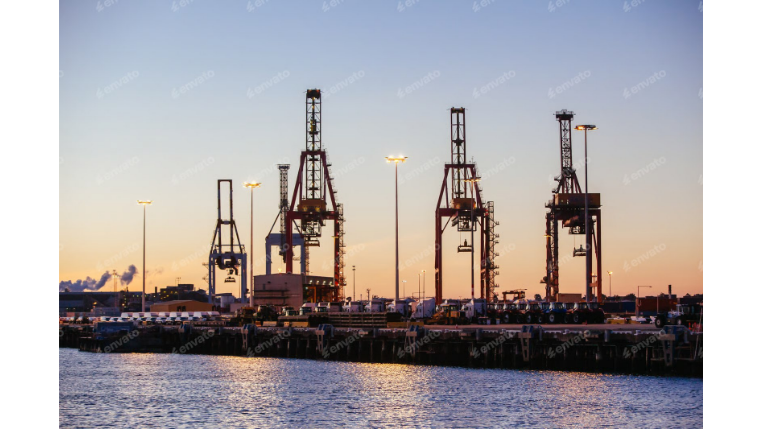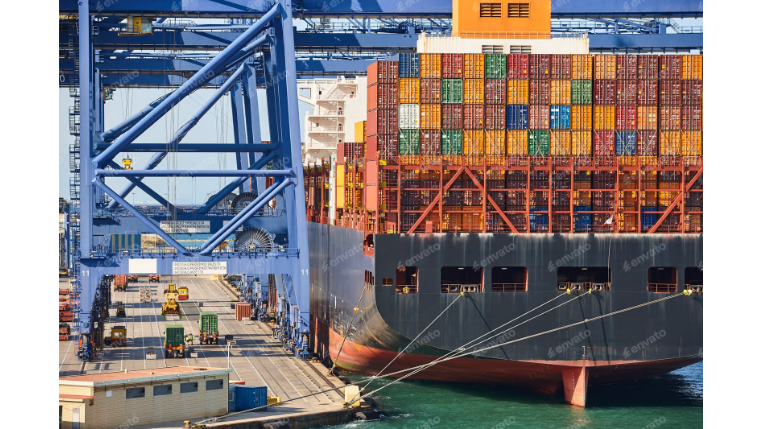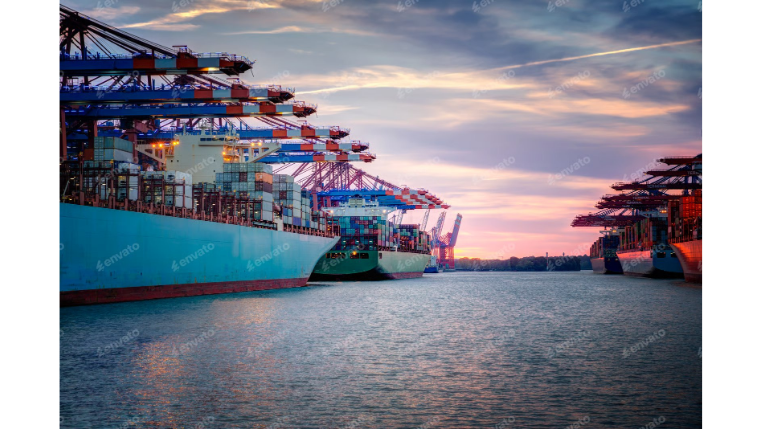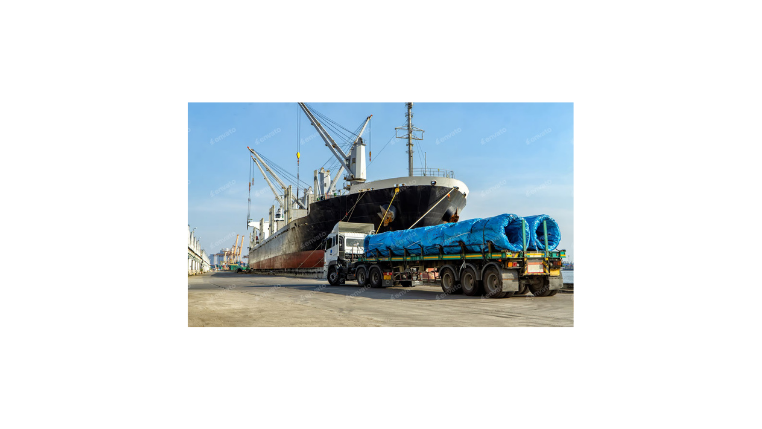Why Are Ports Important for India's Economy?
Ports are the backbone of India's trade infrastructure, facilitating over 90% of the country’s international trade by volume. They contribute to:
- Boosting Economic Growth: By supporting industries such as manufacturing, logistics, and export businesses.
- Enhancing Trade Connectivity: Providing a gateway for global commerce.
- Reducing Transportation Costs: Efficient port operations lead to lower logistics costs, making Indian goods more competitive in global markets.
List of Largest Ports in India
India has 13 major ports and over 200 minor and intermediate ports. Below are the largest and most significant ones:
1. Jawaharlal Nehru Port Trust (JNPT), Maharashtra
- Location: Mumbai, Maharashtra
- Also Known As: Nhava Sheva Port
- Significance: The largest container port in India, handling over 50% of total containerized cargo.
- Key Features:
- World-class container terminal facilities
- Major hub for trade with Europe, the Middle East, and the United States
- Advanced port infrastructure with digitized operations
2. Mundra Port, Gujarat
- Location: Kutch, Gujarat
- Operated By: Adani Ports and SEZ Ltd.
- Significance: India’s largest private port and an emerging international trade hub.
- Key Features:
- Handles dry bulk, liquid cargo, and containers
- State-of-the-art logistics and warehousing facilities
- Growing transshipment hub in South Asia
3. Kandla Port (Deendayal Port), Gujarat
- Location: Kandla, Gujarat
- Significance: One of the oldest and busiest ports in India, handling crude oil, petroleum, and grains.
- Key Features:
- Largest port by cargo volume
- Major exporter of salt, textiles, and chemicals
- Special Economic Zone (SEZ) near the port
4. Chennai Port, Tamil Nadu
- Location: Chennai, Tamil Nadu
- Significance: The second-largest container port in India and a key player in automobile exports.
- Key Features:
- Handles diverse cargo including automobiles, coal, and containers
- Modern container terminal with global shipping connectivity
- Strategic location for trade with Southeast Asia
5. Visakhapatnam Port, Andhra Pradesh
- Location: Visakhapatnam, Andhra Pradesh
- Significance: A major port on the east coast, known for handling iron ore and petroleum.
- Key Features:
- Deep-water port for handling large vessels
- One of the most technologically advanced ports
- Significant contributions to India’s iron ore exports
6. Kolkata Port (Syama Prasad Mookerjee Port), West Bengal
- Location: Kolkata, West Bengal
- Significance: India’s oldest operational port and the only riverine major port.
- Key Features:
- Serves as a gateway for trade with Bangladesh, Nepal, and Bhutan
- Handles bulk cargo including fertilizers, iron ore, and jute
- Home to both Kolkata Dock System and Haldia Dock Complex
7. Cochin Port, Kerala
- Location: Kochi, Kerala
- Significance: A crucial trade hub for spices, marine products, and oil trade.
- Key Features:
- Houses India’s only transshipment terminal (Vallarpadam Terminal)
- Major bunkering hub for international ships
- Proximity to international shipping lanes
8. Tuticorin Port (V.O. Chidambaranar Port), Tamil Nadu
- Location: Tuticorin, Tamil Nadu
- Significance: A vital port for trade with Sri Lanka, Maldives, and Southeast Asia.
- Key Features:
- Specializes in coal, fertilizers, and container cargo
- Well-connected with inland transportation networks
- Modern cargo handling facilities
Future of Indian Ports: Modernization & Expansion
The Indian government is investing heavily in port infrastructure through the Sagarmala Project, aiming to:
- Improve port connectivity and logistics
- Boost transshipment capabilities
- Increase automation and efficiency in cargo handling
Additionally, new deep-water ports are being developed to enhance India’s maritime trade capacity.
Conclusion
India’s ports play a crucial role in driving the country’s economic growth and global trade presence. With continued modernization and investments, these ports are set to become even more significant players in international commerce. Whether in bulk cargo, containerized goods, or energy shipments, these ports form the foundation of India's trade economy.
